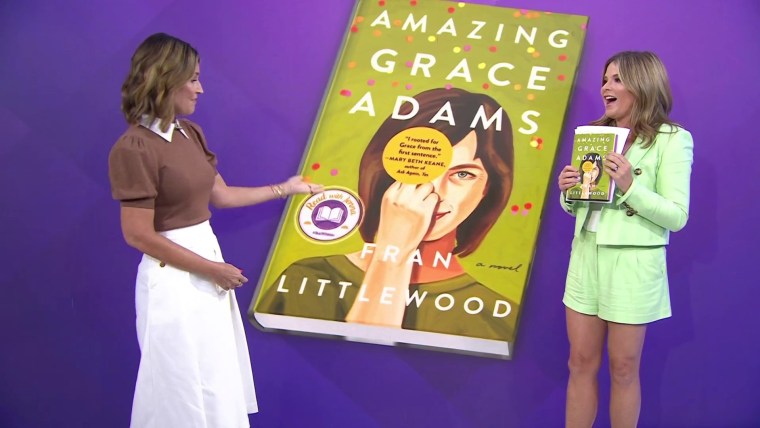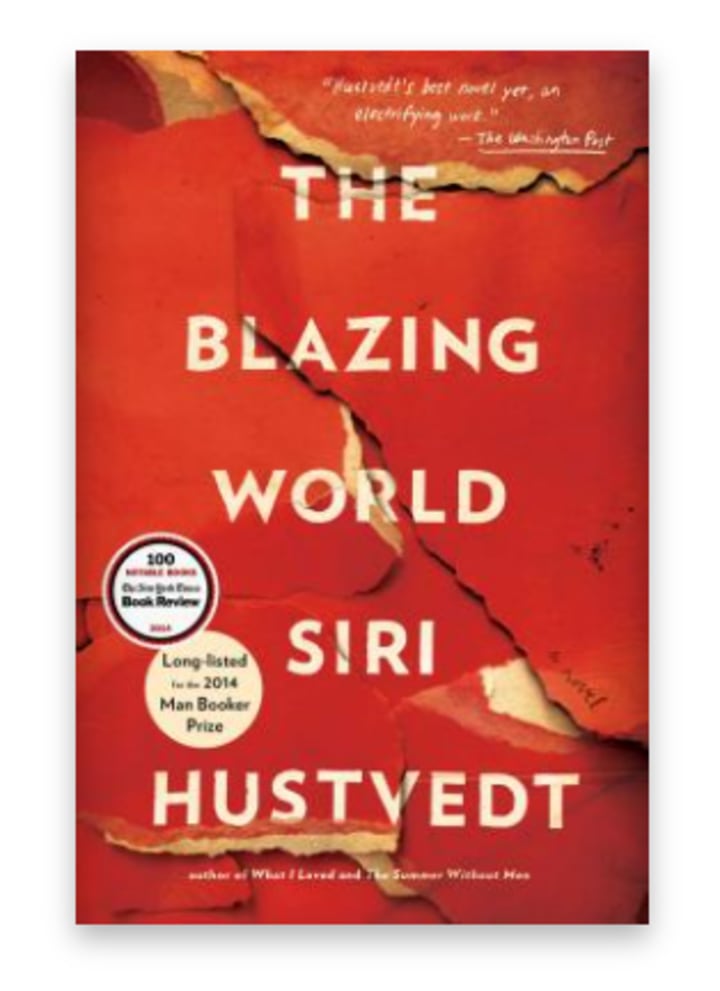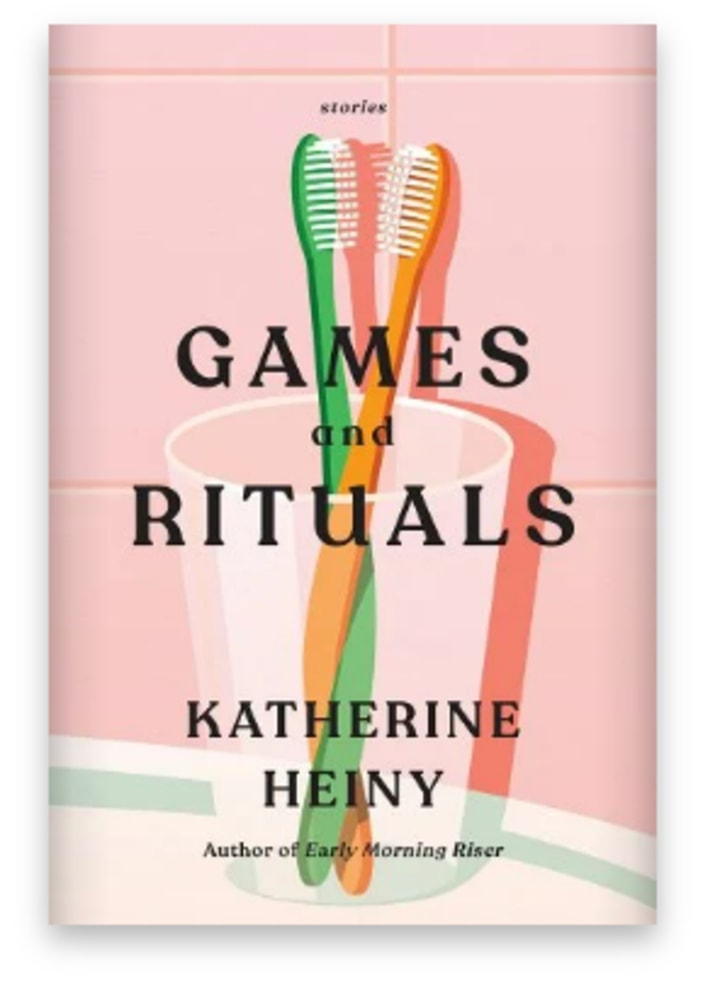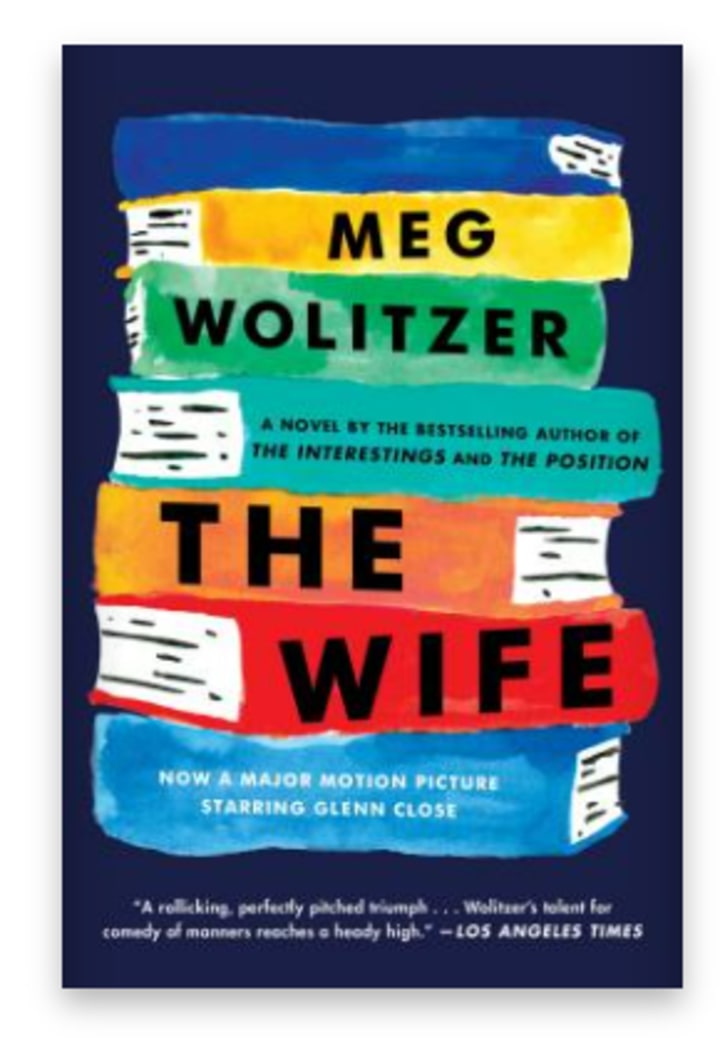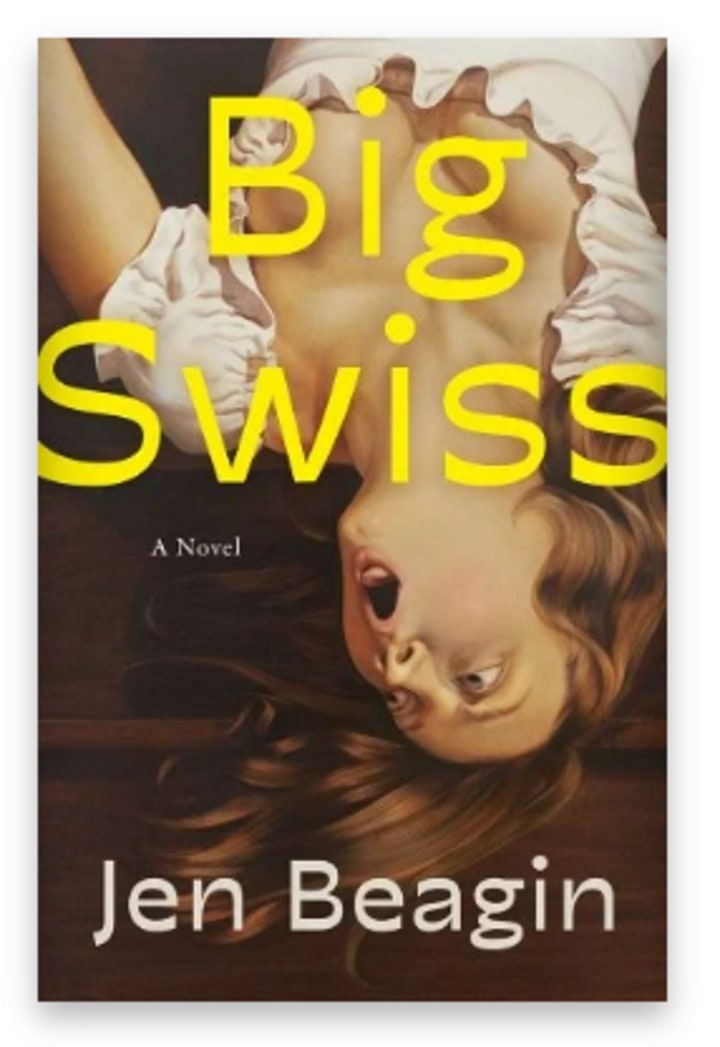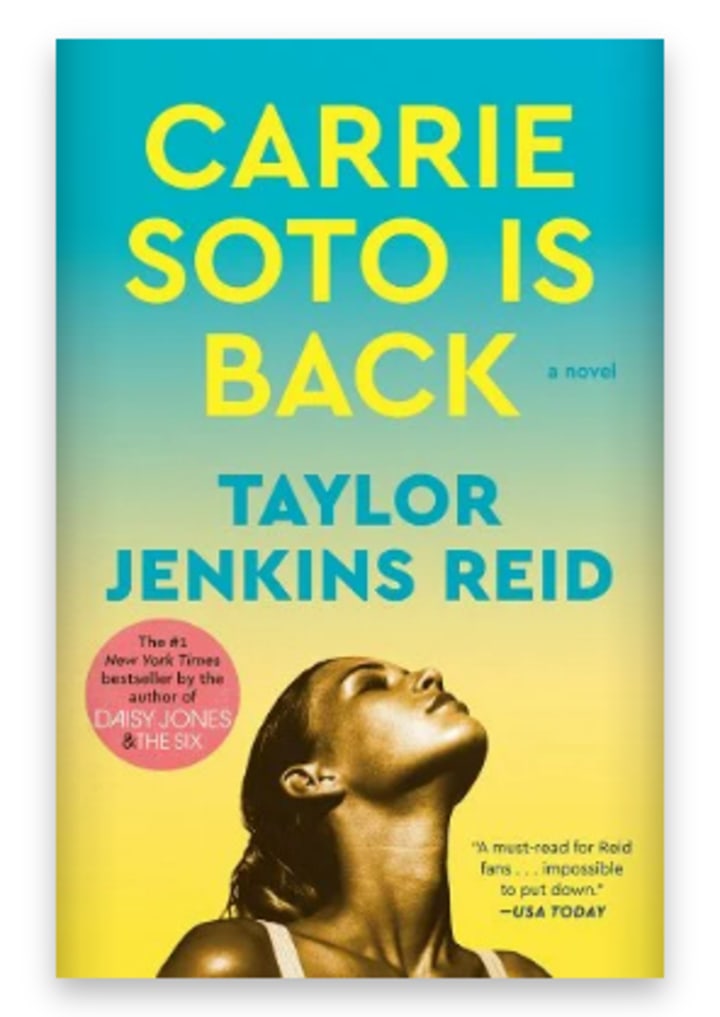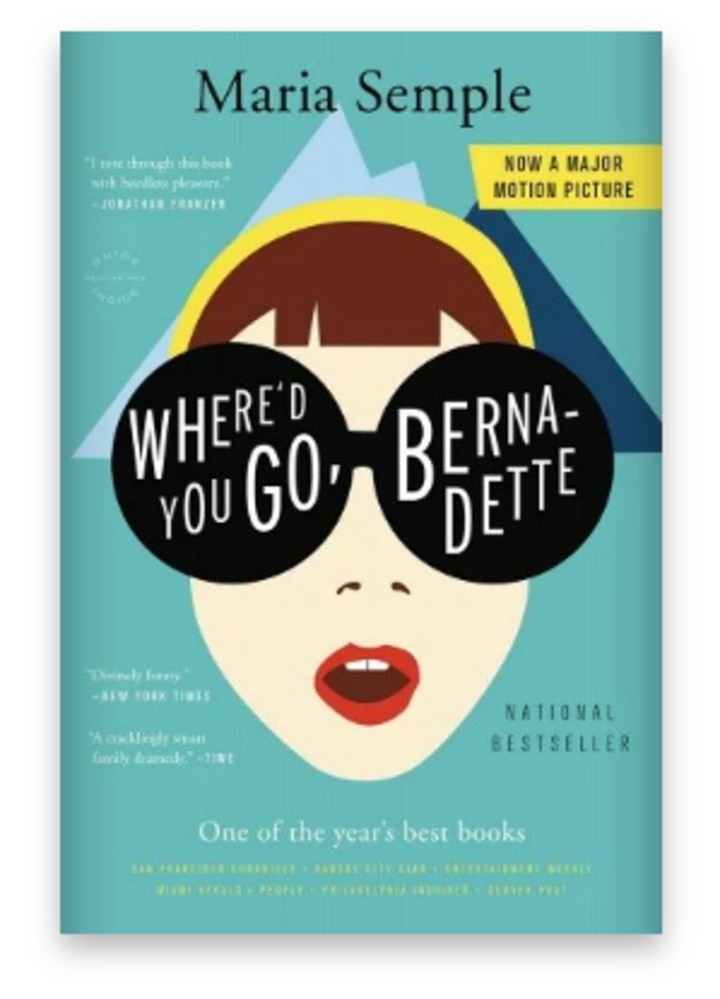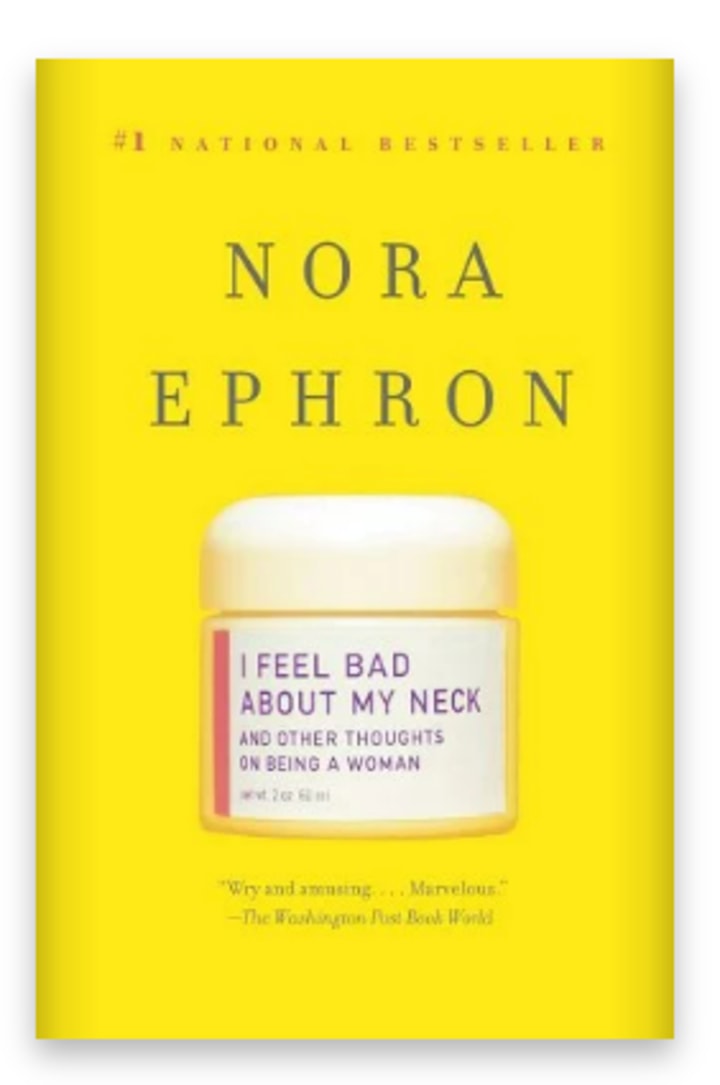We read "Amazing Grace Adams" this month for Read With Jenna — but what are we going to read next?
Author Fran Littlewood shared recommendations for followups to her novel, which Jenna called "wildly hilarious."
"Amazing Grace Adams" takes place over the course of one day in the titular character's life. One very hard day, to be specific. Her daughter won't speak to her; her marriage is falling apart. Still, she strives toward fixing that which is broken.
Speaking to TODAY, Littlewood said she wanted to highlight the richness of life during middle age.
“It can be a real Renaissance time. This midlife time has so many challenges in some ways, set against a culture that prizes beauty and youth. But there are real positives. There can be a return to the authentic self. The pre-adolescent self,” she says. “I know women who are starting new ventures, doing new things.”
Below, she recommends more books that capture the "Renaissance" period that is middle age.
"The Blazing World" by Siri Hustvedt
"This ferociously clever, dazzling puzzle of a novel, tracks the story of Harriet Burden, an artist in her early sixties. Disenfranchised, and angry with her treatment at the hands of the New York art scene, she decides to put on three solo shows — each time masking her identity behind a different male artist. In concealing who she is, she believes she will expose the gender bias she knows is at play in the art world. It’s the perfect conceit, a vehicle through which Hustvedt investigates the marginalisation of post-40 women, their personal and political voicelessness. To hammer the point home, even after Hustvedt’s protagonist reveals herself to be the true artist behind each work, there are those who refuse to believe her."
"Games and Rituals" by Katherine Heiny
"Irreverent, properly funny, offbeat (in the best possible way) and true, this brilliant book of short stories delves — warts and all — into the midlife space, and it is irresistible: Mia snorts coke with her ex-husband because ‘she has always been shit at resisting peer pressure’, and then has make-up sex with him — both of them still wearing their bifocals. Erica regresses to her teen self, after her elderly father accidentally eats his $4,000 hearing aid. Rachel hands her husband (who worries he no longer ‘sparked joy’ in her) a list of the thirty-four perimenopause symptoms she’s experiencing, before going on to Marie Kondo her house. And that’s just for starters… Heiny’s characters punch through the pages unapologetically, but her pitch perfect narratives also deliver poignancy and depth, among the laughs."
"The Wife" by Meg Wolitzer
For her entire married life, sixty-four year old Joan Castleman has quashed her own literary ambitions, in the service of her philandering, literary superstar husband. And it’s taken its toll. As the book opens — with the pair flying to Helsinki, where her husband will pick up yet another prestigious prize for his work — she decides, at last, that she’s had enough; she’s going to leave him. With Meg Wolitzer’s smart, sharp, wonderful writing, a fabulous female protagonist who finally vows to do it her way, and a killer twist, there’s nothing here not to love.
"Big Swiss" by Jen Beagin
"Gloriously off-the-wall, Big Swiss has at its heart a 45-year-old protagonist, Greta, who makes her living transcribing client recordings for a shoddy sex therapist called Om — although ‘his real (and perfectly good) name was Bruce’. Another midlifer who has walked out on her present, Greta has moved into a crumbling, nightmarish, dream house with an empty nester in her mid-fifties. And she’s become obsessed with Big Swiss, one of Om’s clients, who she’s never met, but who has an aura ‘the size of a barge’. The novel has shades of Where’d You Go Bernadette in its brilliantly bonkers absurdity. It is heaving with female characters who refuse to conform, and is very much not afraid to go there in its investigation of midlife desire."
"Carrie Soto is Back" by Taylor Jenkins Reid
"When retired tennis champion Carrie Soto decides to make a comeback — at the tender age of thirty-seven — she is widely scorned, considered way past her prime. Taylor Jenkins Reid uses the extreme setting of the elite sports world, and a backdrop of celebrity, to shine a beam of focus onto the misogyny and double standards all women face. As Carrie herself puts it, ‘…no matter what type of woman you are, we all still have one thing in common: Once we are deemed too old, it doesn’t matter who we used to be.’ The author is brilliant on the vilification of ambitious, powerful, kick-ass women, who dare to rise up and speak out."
Where’d You Go Bernadette, Maria Semple
"Bernadette Fox is a wonder, and this was a book I kept close to the desk while I was writing 'Grace.' A former recipient of the MacArthur ‘genius’ grant for architecture, and mother to 15-year-old Bee, Bernadette breaks all the social rules. She confounds the neighbours, and the toxic school mums, eventually going awol (to Antarctica!) — she steps outside the rigid boundaries, literally and metaphorically, in almost everything she says and does. And it is SO refreshing. Written in an epistolary style, the novel is subversive, wholly original and full of black humor. Reading it, you never know where Maria Semple will take you next."
"I Feel Bad About My Neck" by Nora Ephron
"No list on midlife heroines in literature is complete without a Nora Ephron mention. And in particular, this collection of her essays, which is part memoir, part manifesto. The title alone! Her writing is so instructive and wise and darkly funny, on womanhood and parenting, identity and the ambush of age. I could quote from this book endlessly here, but — in a way that would very much chime with Grace — Ephron is sublime on raising teenagers, ‘You’ve devoted years to making your children feel that you care about every single emotion they’ve ever felt… You love them wildly, way more than your parents loved you. And yet they seem to have turned out exactly the way adolescents have always turned out. Only worse. How did this happen? What did you do wrong?’"
